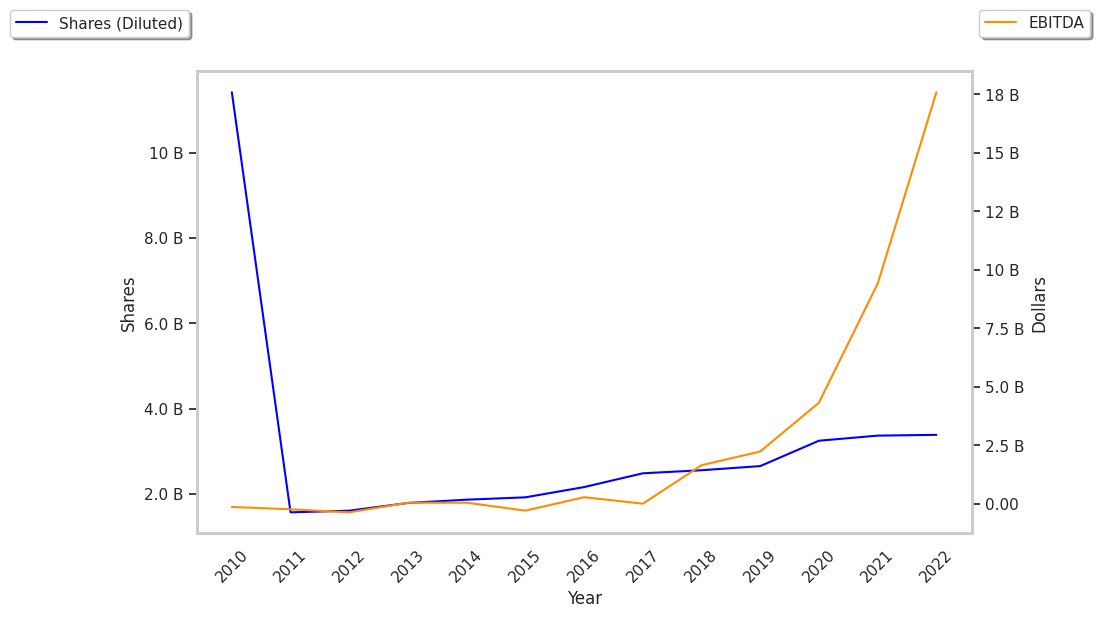With an average analyst rating of hold, Tesla is clearly not a favorite. But some of the best stock picks are contrarian in nature. With most analysts more focused on growth than on value, a mediocre analyst rating does not necessarily mean a stock is a bad investment. So what do we know about TSLA's valuation?
Over the last year, Tesla shares have moved 56.7% while trading between the prices of $138.8 and $488.54. This represents a 45.9% difference compared to the S&P 500, which moved 10.8% over the last 52 weeks.
At its current price of $272.55 per share, TSLA has a trailing price to earnings (P/E) ratio of 134.3 based on its 12 month trailing earnings per share of $2.03. Considering its future earnings estimates of $3.24 per share, the stock's forward P/E ratio is 84.1. In comparison, the average P/E ratio of the Consumer Discretionary sector is 22.6 and the average P/E ratio of the S&P 500 is 29.3.
We can also compare the ratio of Tesla's price to its book value. A company's book value refers to its present equity value: what is left when we subtract its liabilities from its assets. TSLA has a book value of 12.02, with anything close or below one indicating a potentially undervalued company.
A comparison of the share price versus company earnings and book value should be balanced by an analysis of the company's ability to pay its liabilities. One popular metric is the Quick Ratio, or Acid Test, which is the company's current assets minus its inventory and prepaid expenses divided by its current liabilities. Tesla's quick ratio is 1.427. Generally speaking, a quick ratio above 1 signifies that the company is able to meet its liabilities.
Next up in our analysis is Tesla's free cash flow, which stands at $4.36 Billion. This represents the cash that is available to the company after all of its expenses and income are accounted for -- including those that arise outside of its core business activities. This money can be used to re-invest in the business or to payout a dividend. For now, at least, Tesla has chosen the former.
At Market Inference, we will keep monitoring Tesla to see if the contrarian thesis in this stock will be vindicated. Going against the grain can be an excellent way for investors to extract value from the stock market, but it's never a good idea to apply a strategy for its own sake. Do your own research and make sure that the facts support your decision.



